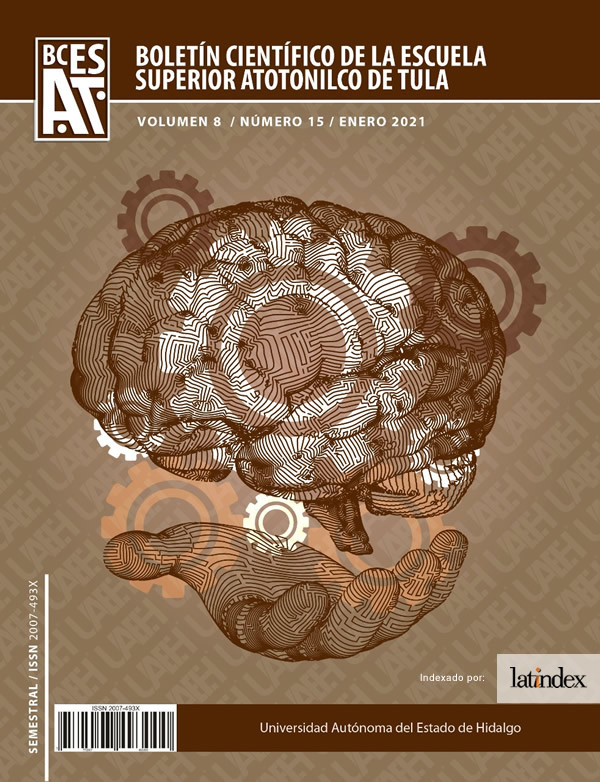Identification of adverse labor effects generated by distorted thinking in collaborators between 23 and 45 years of age in the operating areas of 3 companies in the Tula-Atitalaquia industrial zone in the State. From Hidalgo, from the pandemic generated b
Impact of the pandemic derived from covid-19
Abstract
In this work, some pertinent insights related to the review prior to the research, are the problem to study (object of study) the work disabilities caused by irrational thoughts, the variable fear (of contagion) as a dependent variable, the cut of the research (quantitative), literature or theoretical bases, both from previous research on the effects of pandemics, even though they had not been presented in recent years with the force and potential of scope as the current one.
The objectives of concentrating the results and focusing them from the possible immediate attention by professionals in psychology, the context of application of the instrument under the conditions indicated by the safety and hygiene policies of the 3 companies and the federal and state regulations that They have arisen in response to the growing number of contagion in previous days, as well as the population and the access to it.
Downloads
References
Aamodt, M. (2010). Psicología Industrial/Organizacional 6a. Edición. México D.F: Wadsworth Cengage Learning Editores.
Blanco, N. (2000). Instrumentos de Recolección de Datos Primarios. Dirección de Cultura. Universidad de Zulia, 2(2), 397-399.
Castro, A. (2003). Estudios Sobre Liderazgo, Teorias Y Evaluación. Psicología, Cultura Y Sociedad, 107-122.
Comte, A. (1842). Cours de Philosophie Positive (1a Edición en Español). Buenos Aires: Edicones Libertador.
Landaeta , F. (2013, Septiembre 15). Confianza y Compromiso en el trabajo. From http://www.uai.cl/columnas-de-opinion/confianza-y-compromiso-en-el-trabajo
Moore, B. (1927). The May Conference on Leadership. Personnel Journal, pp. 124-132.
Murphy, C. (2008, Junio). Aprendizaje para mejorar el desempeño. Estados Unidos: INTRA HEALT INTERNATIONAL.
Rucci, A. J. (2008). Where Science & Practice Meet. The Industrial - Organizational Psychologist, 17-34.
Stodgill, R. (1994). Personal Factors Associated With Leadership. Journal Of Psychology, pp. 35-71.
Villada, C., López, L., Patiño, C., Ramírez, W., Jurado, C., Ossa, J. (2002). Factores Asociados a la Elección de Carrera y Universidad. Unipluriversidad, 2(2), 23-30.
Dilla T, Valladares A, Lizán L, Sacristán JA. Adherencia y persistencia terapéutica: causas, consecuencias y estrategias de mejora. Aten. Primaria 2009; 41(6): 342–48.
Silva G, Galeano E, Correa J. Compliance with the treatment. Acta Médica Colombiana 2005; 30(4): 268–73.
Viesca TC. Paternalismo médico y consentimiento informado. En: Márquez-Romero R, Rocha- Cacho WV, editors. Consentimiento informado. Fundamentos y problemas de su aplicación práctica. 1st ed. México: UNAM; 2017: 1-22.










